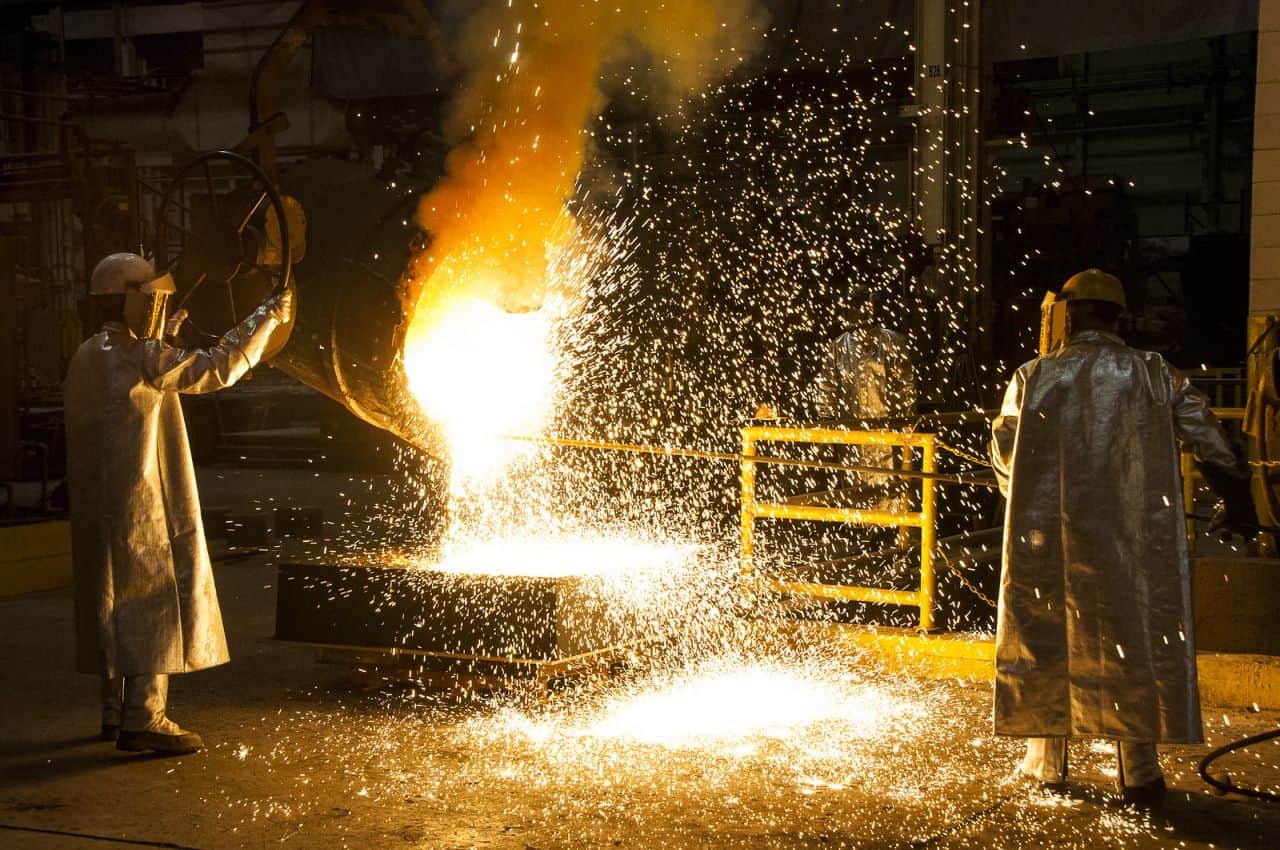While it appears that the most recent manufacturing jobs boom is on hold, plenty of American manufacturers continue to staff up amid strong consumer spending and record-low unemployment. Meanwhile, a growing group of innovative industrial executives — led by rising young stars like Majestic Steel USA president and CEO Todd Leebow — are redefining what it means to make things in America.
Their enthusiasm is contagious. And skilled workers, along with younger job-seekers willing to acquire the skills modern manufacturing demands, are taking notice.
Perhaps you’re among them. Whether you’re still in the opening innings of your career and haven’t yet found your calling, or you’re looking to switch careers after realizing that whatever you’re doing now isn’t working for you anymore, there’s certainly a place for you in the manufacturing industry.
If you can demonstrate that you have what it takes to succeed in a dynamic field, that is. These credentials, competencies, and soft skills will all serve you well as you seek employment in manufacturing (and work your way up the industry’s ladder).
1. A Practical Certification
Let’s have a moment of brutal honesty here. That liberal arts degree yellowing away at the bottom of your file cabinet? It may not be worth the paper it’s printed on.
Your shiny new welding certification? Your CAD credential? Those are different beasts altogether — potentially lucrative beasts, indeed.
2. A Two- or Four-Year Degree
You may not need a two-year degree in an engineering-related field to get a foothold in manufacturing, but fair to bet you’ll need to go back to school eventually if your sights are set on mid- and upper-management roles. The upside: higher education is more flexible than ever, with dozens of part-time engineering programs on the market (including online correspondence courses that rarely, if ever, ask students to step inside the classroom).
3. A Willingness to Train on Multiple Processes
Beyond tangible credentials, future manufacturing stars are eager — nay, hungry — to learn as much as they can on the job. Your employer may want you to train on multiple factory-floor processes, including some not in your job description. You’ll be rewarded for taking the initiative.
4. Relentless Attention to Detail
Sure, the high-tech machines you’re trained to corral have superhuman tolerances that your eyes and hands can never match. But until they develop cognition sufficient to understand why precision matters so, they’ll need human stewards like you.
5. An Ability to Solve Problems Independently and on the Fly
Manufacturing workers are no longer expected to be automatons. That’s what machines are for, after all, and they do a darn good job of it. If you revel in a tricky problem and relish the opportunity to tackle challenges independently, you’ll flourish in modern manufacturing environments.
6. Deep Respect for Workplace Safety Protocols
Independence has its limits, of course. Broadly defined, manufacturing remains relatively dangerous, some niches more so than others. Workplace safety protocols exist for good reason; employees who cut corners or outright disregard them don’t last long in their roles.
7. Perseverance
Successful manufacturing professionals don’t revel in the completion of a task. Not for too long, at least. They know there’s another job to come — and another, and another. And they’re equally secure in the knowledge that one lapse will have real-world consequences for their products’ end-users. Perfection is the norm. In short: This line of work isn’t for the faint of heart.
8. Strong Verbal Communication Skills
Junior manufacturing professionals aren’t expected to pen 50-page reports or deliver hour-long talks in front of captive audiences. But they are expected to clearly and forthrightly communicate progress and concerns to their colleagues and superiors. If you’re not comfortable asserting ownership of your work in public, you may be more comfortable in a more passive role.
Your Future Awaits — If You’re Prepared to Work For It
Manufacturing is often described as an “industry,” which makes it seem both narrower and more monolithic than it really is. In truth, manufacturing is a sector — an entire swathe of the economy, clearly visible on any pie chart of macroeconomic measures like gross domestic product.
In other words, manufacturing is a big tent. Which means there’s almost certainly a place for you, the aspiring industrialist, to gain a foothold here. As long as you’re willing to acquire and hone the skills prized most by manufacturing employers, you’ll find a wealth of opportunity for the taking here.
So, spread your wings and find the manufacturing career that speaks to you. Your dream job is waiting.

